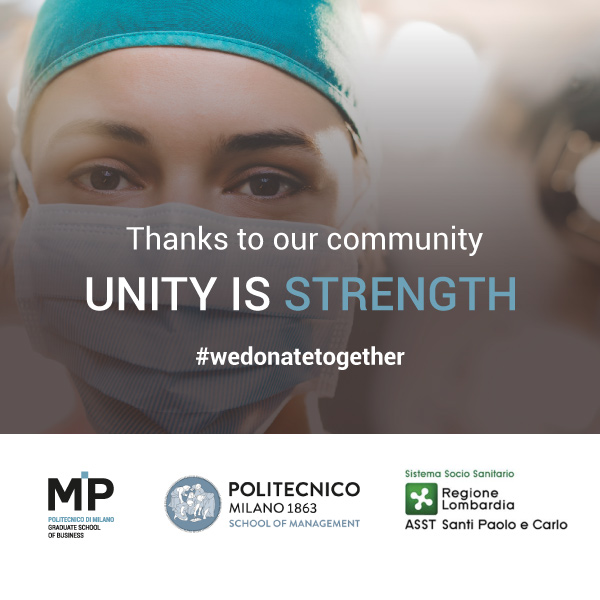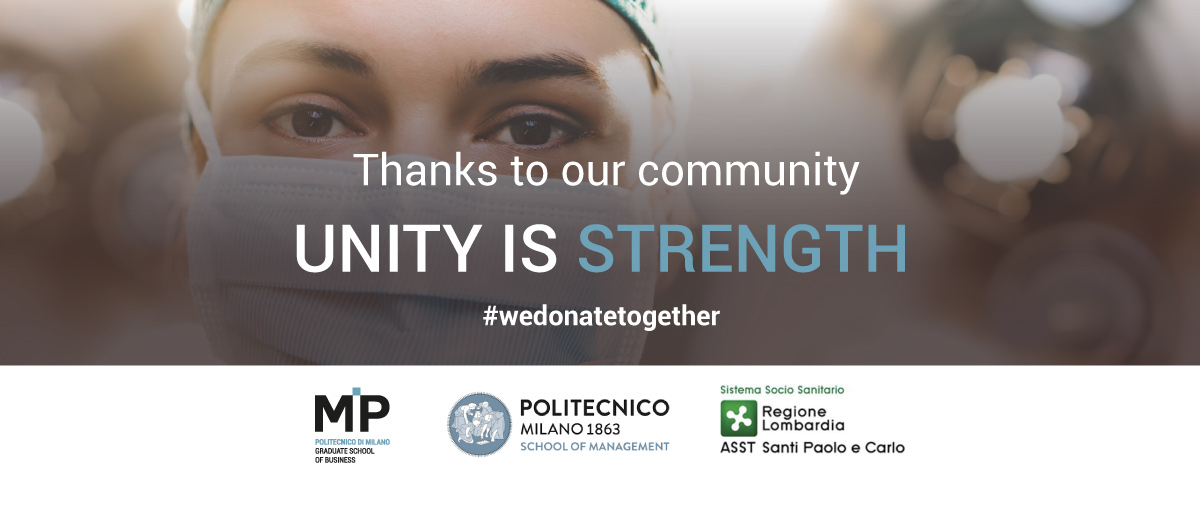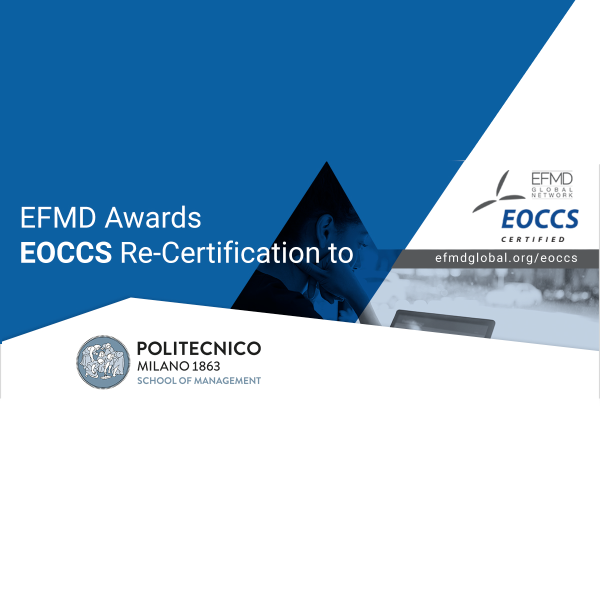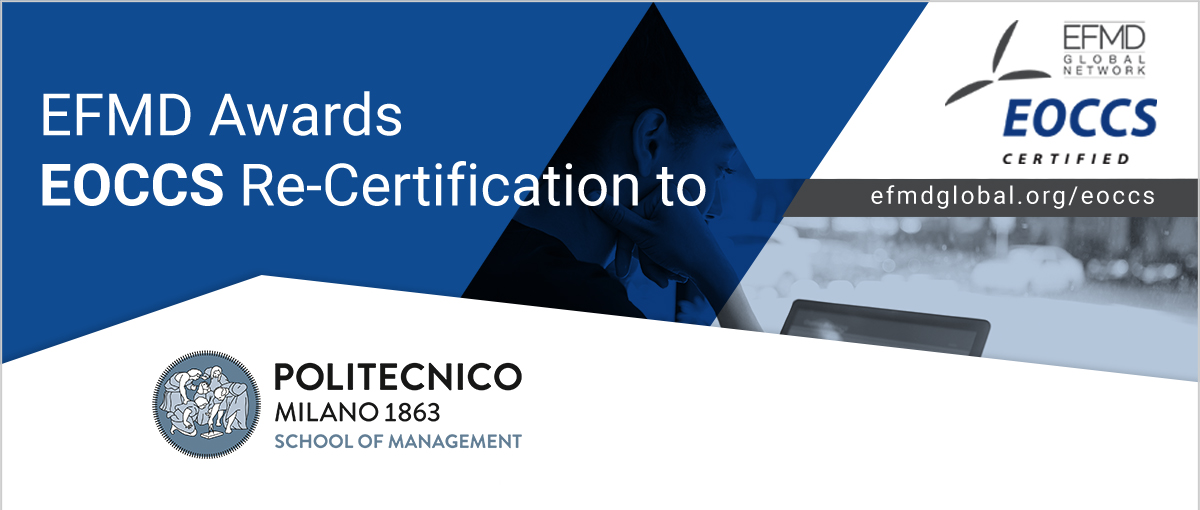
From Brexit to the pandemic, trade wars and the climate emergency: there are many elements that have revolutionized the chain of global values on which many companies based their organization. However, change can open new spaces for Italian companies that, with the right strategy, can take advantage of new and important growth opportunities
Until just a few months ago, the business model of many companies was based on a global scale value chain. Production activities were in different countries, according to a principle of convenience. Brexit, trade wars, the climate emergency and, since 2020, the pandemic, could change this paradigm. «The mechanism has gone into crisis», explains Professor Stefano Elia, associate professor of International Business and director of the short courses in the Management of Business Internationalization programme at MIP Politecnico di Milano. «There are two possible answers to this setback: on one hand we could see the resilience of the current model, on the other its reconfiguration».
Between resilience and change: an opportunity for Italian companies
«In the first case», explains Elia, «we would see growing flexibility in the production model, accompanied by increased digitalization In addition, companies on one hand could focus on areas that have suddenly become strategic, like chemical and medical ones; on the other, they could focus on incentive-driven sectors. The second scenario has shorter production chains. It abandons global scale, to re-adapt to a macroregional horizon. Within the European Union itself there is a heterogeneity that allows to redistribute certain activities, without moving them outside of the continent and, also in this case, digitalization could play an important role in facilitating an increase both in the quality of products and production processes. This scenario has at least three advantages: trade wars are avoided, nationalist-sovereign winds are kept at bay and the climate emergency is addressed, as the supply chain is shortened». And it is here that Italian companies could come into play: «There is room for them to assert themselves in a competition in which quality becomes fundamental, not only in B2B but also in B2C. It is thought that the United States will recover quickly, as well as Germany, China, South Korea and Vietnam. These are some of the countries to look at, because between 2021 and 2022 the market rebound is estimated at between 5 and 11%».
Towards internationalizations: the need for a good strategy
An opportunity for which you need to be prepared. «Companies have two alternatives: either they diversify, or they go outside of their borders, facing greater competition, but also greater growth opportunities. The important thing is that this step is guided by the criteria of quality». And a good strategy: «First you need to understand the attractiveness of your product and based on this understand the countries that could be most interested. Then you need to understand how to present yourself in those countries, adapting your offering to their cultural and institutional characteristics, but also determining whether it makes sense to enter the market on your own or with partners. Lastly, it is important to understand what the most suitable financing means are. Grants, guarantees and credit insurance, legal and tax aspects: nothing should be left to chance».
MIP, EY and SACE: together to provide skills
MIP’s short courses in Management of Business Internationalization aims to provide the tools to address all these areas. «Teams that handle internationalization must have a strong capacity for strategic planning, analysis, process management, but also the capability for adaptation and flexibility, to correct errors in judgement or to take advantage of unforeseen opportunities. From this point of view, explains Elia, «MIP courses guarantee an education that covers the areas of business planning management and digital technologies that are functional to internationalization. The winning formula, however, can be found in the MIP, EY, SACE trident: EY, our partner and among the four most important advisory and auditing firms, completes MIP’s managerial offering with technical and professional expertise, sharing its legal, tax and risk management know-how, as well as giving access to its network of consultants and companies. SACE, the Italian agency for the promotion of international investments, provides an institutional perspective, making available a series of powerful tools supporting companies in the phase of internationalization that it intends to make as widely known as possible so that companies will use them to seize the opportunities inherent in the current scenario».














 Unity is strength! Students, alumnae and alumni, professors and all staff of MIP and of the School of Management of the Polytechnic of Milan: together we have tried to give concrete support to the San Paolo and San Carlo hospitals in Milan, to the patients and to the medical staff who have fought relentlessly to treat patients affected by Covid-19.
Unity is strength! Students, alumnae and alumni, professors and all staff of MIP and of the School of Management of the Polytechnic of Milan: together we have tried to give concrete support to the San Paolo and San Carlo hospitals in Milan, to the patients and to the medical staff who have fought relentlessly to treat patients affected by Covid-19.






